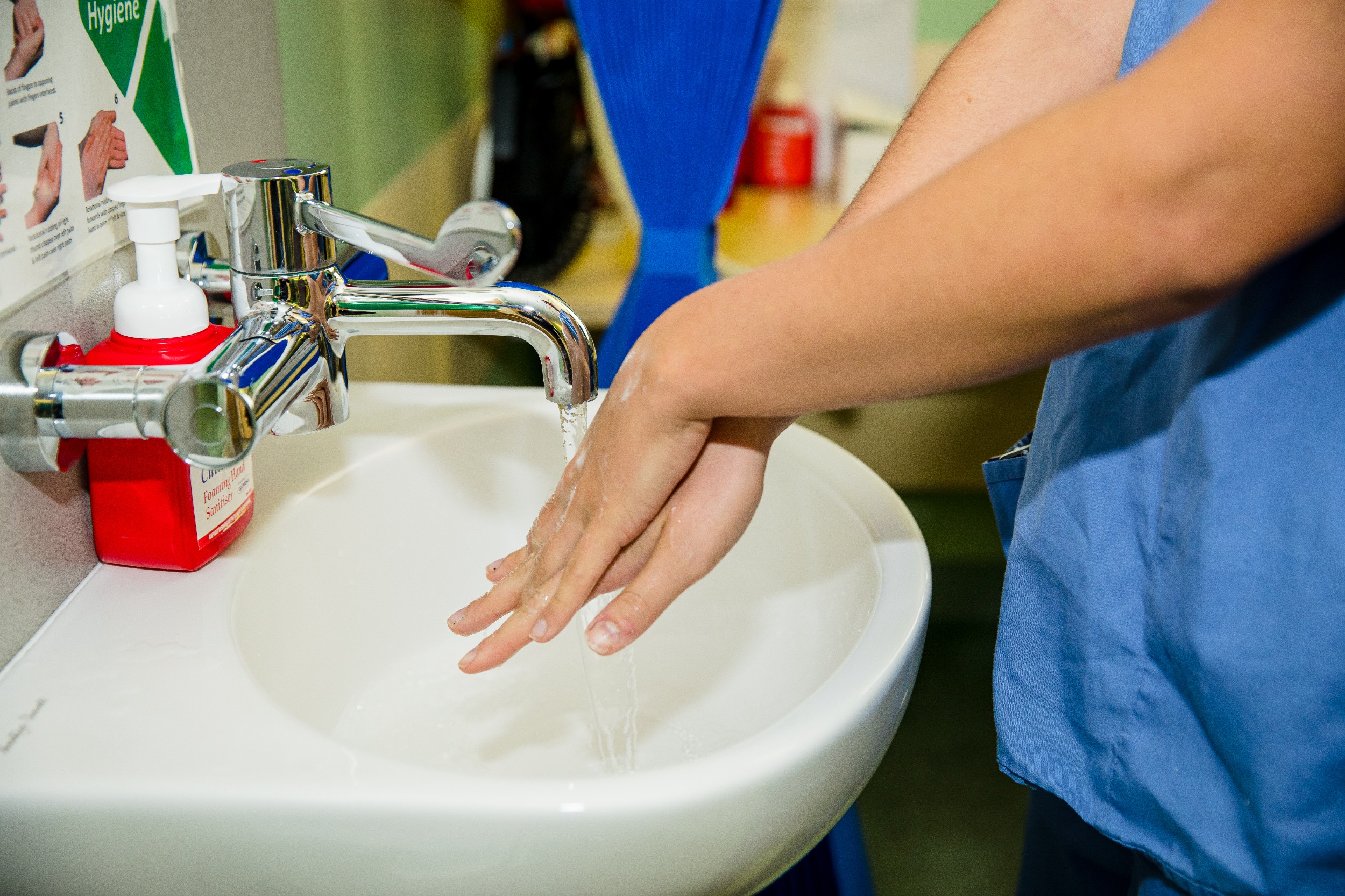
Infection control
Domestic abuse occurs in all communities irrespective of gender, age, sexual orientation, gender identity, socio-economic status, disability, ethnicity, religion or belief. It can be perpetrated by anyone (aged 16 or over) who is personally connected to the victim(s).
The Domestic Abuse Act (2021) defines that two people are 'personally connected' if any of the following applies:
Domestic abuse can encompass, but is not limited to: psychological, physical, sexual, economic and/or emotional abuse, usually presenting as a pattern of incidents of controlling, coercive or threatening behaviour, violence or abuse.
Coercive behaviour is an act or a pattern of acts of assault, threats, humiliation and intimidation or other abuse that is used to harm, punish, or frighten their victim.
Controlling behaviour is a range of acts designed to make a person subordinate and/or dependent by isolating them from sources of support, exploiting their resources and capacities for personal gain, depriving them of the means needed for independence, resistance and escape and regulating their everyday behaviour.
Harbour Domestic Abuse Service offer a 24 hour helpline - to contact them directly telephone: 03000 20 25 25 or visit the Harbour Domestic Abuse Service website to access support and advice, including a live chat service.